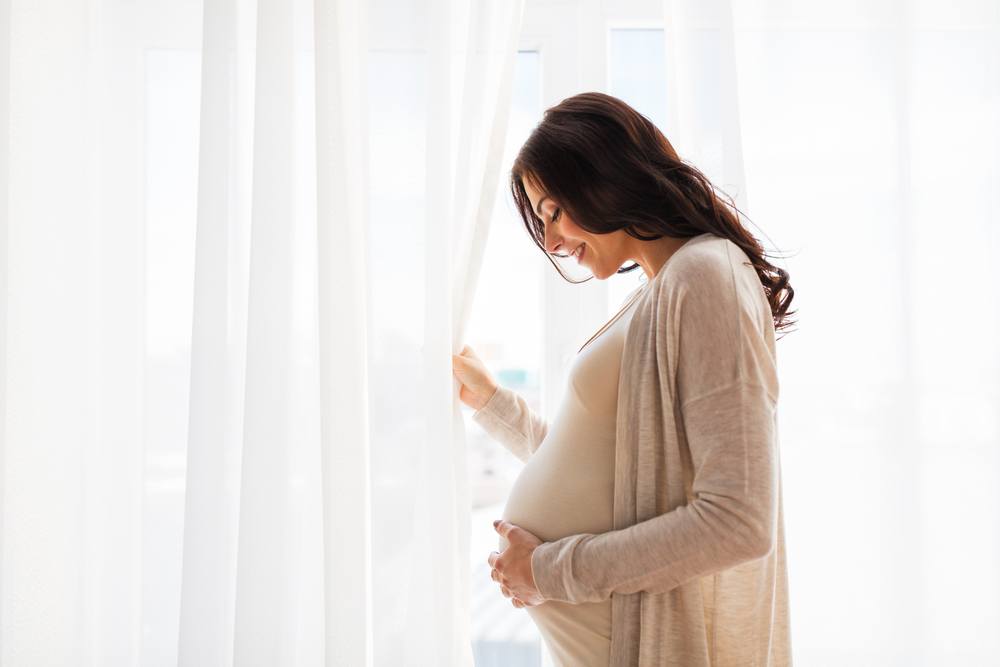Female age is one of the most important factors to consider when making an infertility diagnosis and suggesting treatments. The deterioration in both egg quantity and quality make it significantly more difficult for a woman to conceive in her 40s compared to her 20s.
How Fertility Changes with Age
There are a number of different ways that age affects fertility.
Women do not produce eggs over time – they are born with a finite number of eggs and cannot produce more. As women age, the number of eggs available quickly decreases, so fertility begins to decline in the mid- 30s.
Over time, ovulation also slows down and happens less frequently in preparation for menopause. This effect can occasionally begin as early as the mid-30s and is called premature menopause.
There are also health issues such as fibroids, endometriosis, cysts, and other issues that may affect fertility.
There are numerous studies into these effects and how (or if) they can be mitigated. A 2016 study has suggested that excessive scarring and inflammation on the ovaries could affect egg quality. Another study this year has suggested that older eggs are less fertile due to poor cell division, and the structures regulating cell division behaving abnormally in older eggs.
In addition to difficulty conceiving, older women face higher odds of birth defects which can increase the rate of miscarriages or prompt terminations in extreme cases. For example, the risk of a 25-29 year old woman conceiving a child with Down syndrome is 1 in 1,250, but that figure rises to 1 in 400 for women aged 35-39. The rate of miscarriage also doubles for women in this age range compared to women in their 20s.
Does Fertility Always Decrease with Age?
Age related infertility affects different women at different rates. Some women may already have significant issues with their egg quality or quantity at 31, whereas others may still be fertile in their late 40s. Factors such as genetics and lifestyle will play an important role in the rate of fertility loss, but it is inevitable that fertility will decrease and risks will increase over time.
What are the Options for Infertile Women Over 40?
Fortunately, the age of the egg is a more important factor than the age of the uterus, so using donor eggs during IVF has been shown to dramatically improve success rates after the age of 40. This also reduces the risks of chromosomal abnormality and therefore the chances of delivering a healthy baby. Success rates for women using donor eggs remain fairly stable with a slight decrease over time, whereas success rates for women using their own eggs during IVF begin to decline in the late 30s and drop to below 10% towards the late 40s.

